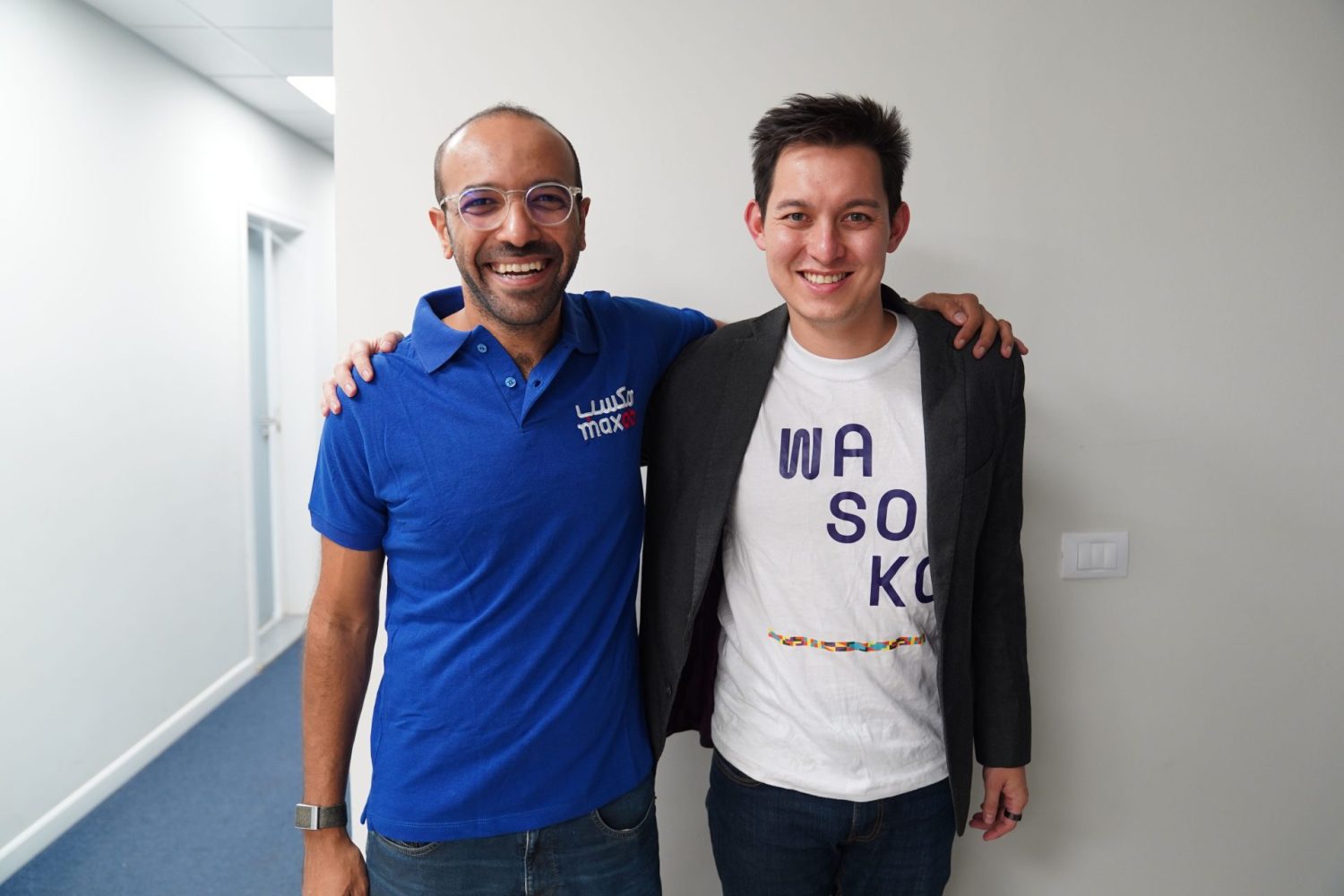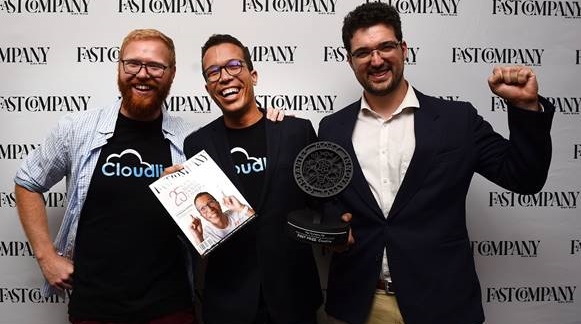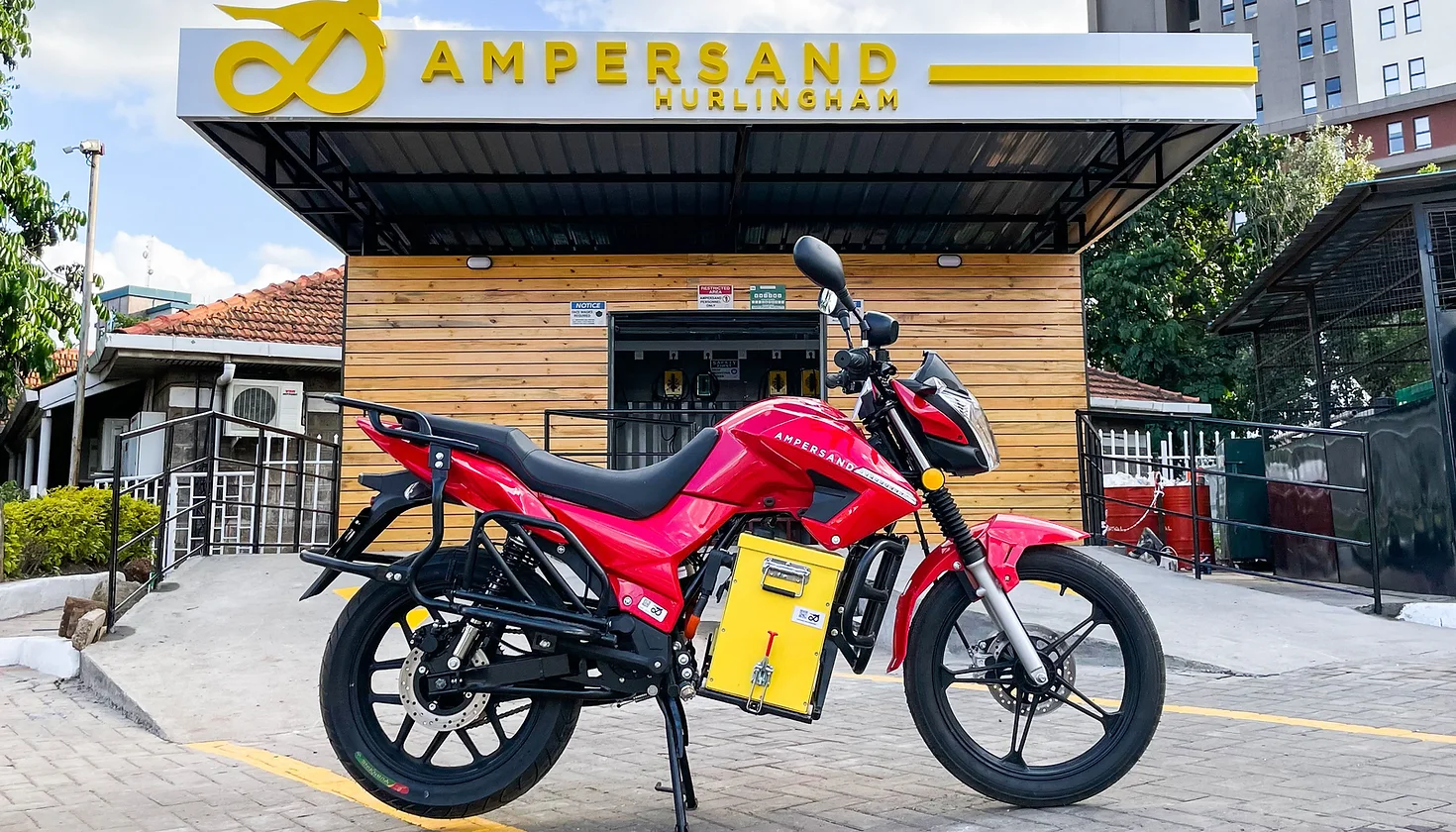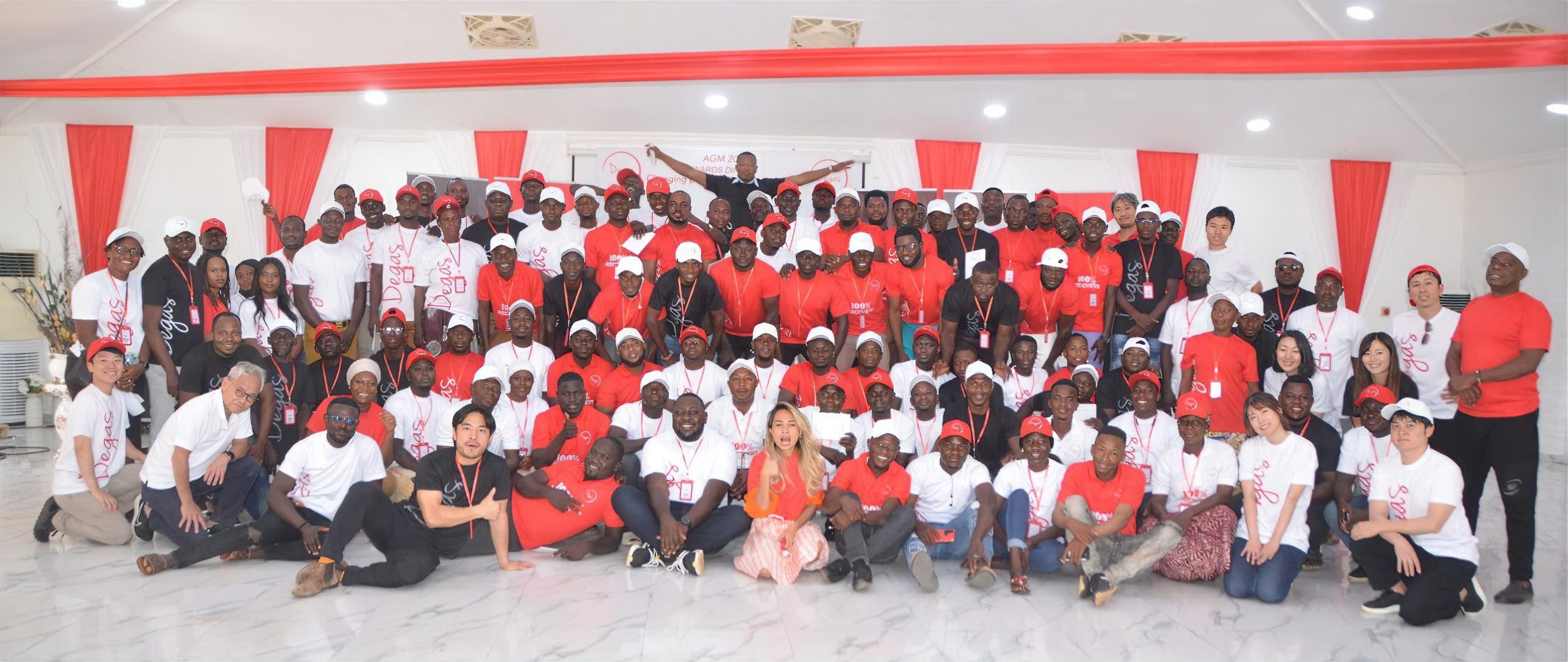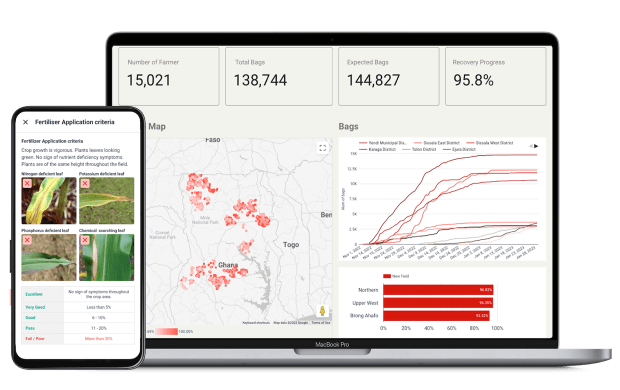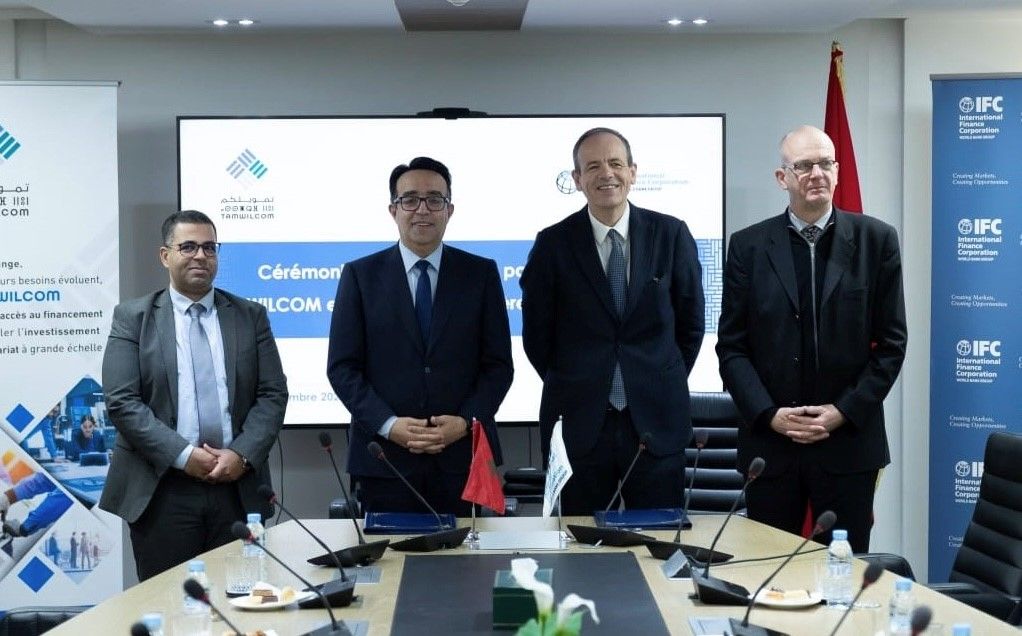MaxAB and Wasoko Merge for Survival Amid Funding Crunch: Exploring Key Motivations
There are currently ongoing merger talks between Egyptian B2B e-commerce startup MaxAB and Kenyan-based e-commerce player Wasoko, Bloomberg reports. Multiple sources have confirmed the ongoing negotiations, emphasizing that the terms of the deal remain undisclosed, and the agreement has not been finalized. As the negotiations progress, a closer examination unveils the profound motivations driving this potential collaboration.
Addressing Funding Scarcity in B2B E-commerce
The merger discussions arise against the backdrop of a challenging landscape for B2B e-commerce companies in Africa, grappling with funding scarcity. Wasoko, in particular, recently underwent a significant round of layoffs in response to financial constraints, accentuating the pressing need for strategic alliances to navigate these challenges effectively.
Optimizing Resources and Achieving Synergies
Sources indicate that both MaxAB and Wasoko recognize the potential for resource optimization and synergies in a combined entity. By merging operations, the two companies aim to pool their strengths, leveraging each other’s assets and capabilities to create a more resilient and efficient B2B e-commerce platform.
Strategic Geographic Expansion
The merger presents a strategic opportunity for both entities to expand their geographic footprint. Wasoko, having exited West Africa, sees this collaboration as a means to consolidate its presence in East Africa and explore new markets. Simultaneously, MaxAB, which had envisaged expansion into Saudi Arabia, may find the combined entity to be a more robust platform for realizing its regional ambitions.
Navigating Market Dynamics and Achieving Profitability
The challenges faced by Wasoko, including its recent market exits and significant layoffs, underscore the imperative for B2B e-commerce companies to adapt swiftly to market dynamics. The merger is viewed as a strategic move to enhance operational efficiency, achieve profitability, and fortify the joint entity against uncertainties in the competitive landscape.
Unlocking Funding Potential
While Wasoko secured a substantial funding round last year, the merger discussions reveal a nuanced financial backdrop. The release of funds contingent on meeting milestones has fueled the need for additional resources, making the merger an avenue to unlock potential funding and strengthen the financial foundation of the joint entity.
Creating a B2B Powerhouse
The merger positions MaxAB and Wasoko as a formidable force in the B2B e-commerce arena, connecting suppliers with a vast network of traditional and informal retailers across multiple markets. This strategic alignment is envisioned to create a powerhouse capable of providing a comprehensive suite of services to a combined network of over 450,000 merchants in eight African countries.
As the negotiations progress, the core motivations behind the MaxAB and Wasoko merger underscore a shared commitment to overcoming industry challenges, optimizing resources, and strategically positioning themselves for sustained growth and resilience in the dynamic B2B e-commerce landscape of Africa. The outcome of these talks holds significant implications for the future trajectory of B2B e-commerce in the region.

Charles Rapulu Udoh is a Lagos-based lawyer, who has several years of experience working in Africa’s burgeoning tech startup industry. He has closed multi-million dollar deals bordering on venture capital, private equity, intellectual property (trademark, patent or design, etc.), mergers and acquisitions, in countries such as in the Delaware, New York, UK, Singapore, British Virgin Islands, South Africa, Nigeria etc. He’s also a corporate governance and cross-border data privacy and tax expert. As an award-winning writer and researcher, he is passionate about telling the African startup story, and is one of the continent’s pioneers in this regard

